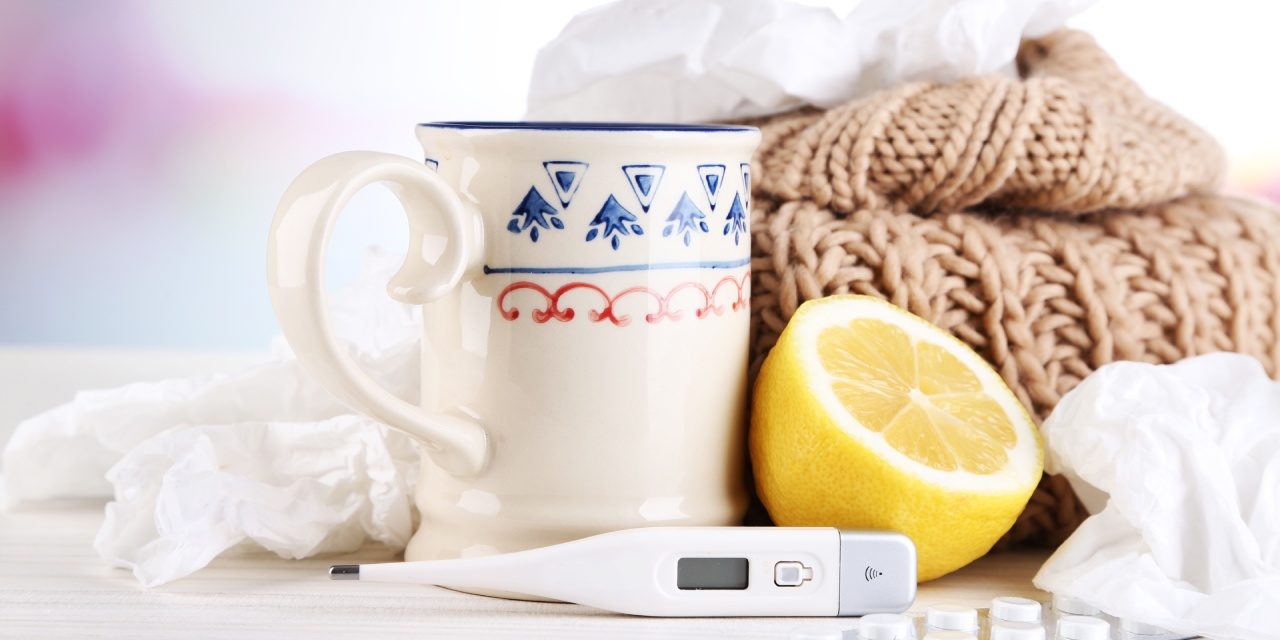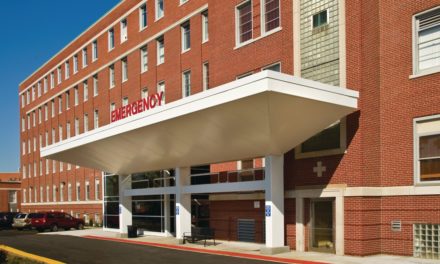Many people who do get Coronavirus (COVID-19) will only experience mild symptoms, characteristic of a bad cold or flu. If you’re a generally healthy individual, with no signs of severe complication, the best course of action would be to quarantine yourself in your own home.
Hospitalization should be reserved for Coronavirus patients who are experiencing severe or life-threatening symptoms. All information provided on this page is in line with recommendations from the Centers for Disease Control and Prevention (CDC).
If you or your primary care physician suspects you may have Coronavirus, home isolation is critical. This should include being in a completely separate room in your home (away from all others) for at least 7 days since symptom onset, AND until your symptoms have completely resolved, without fever for at least 72 hours with no aid from fever-reducing medications.
When experiencing mild or moderate symptoms, it’s important to remain at home, not unnecessarily visit the emergency room or urgent care facilities. This could put you, as well as others, at risk for spreading this very contagious virus.
Make sure to call your primary care physician with any concerns, and they will most likely advise you on supportive therapies and home isolation techniques.
The most important things are to stay home, and stay safe! We will all get through this together!
Am I at Risk for Severe Symptoms?
Healthy individuals without pre-existing medical conditions generally experience mild symptoms when they contract Coronavirus (COVID-19). These individuals are usually:
- Adults under the age of 65
- Without a current or past history of heart disease, respiratory disease, or any condition that could compromise the immune system (e.g. cancer)
Beyond that, both patients and their caregivers should familiarize themselves with the warning signs that require medical attention. These include:
- Difficulty breathing
- Sudden confusion or changes in level of consciousness
- Persistent chest pain or pressure in chest
- Bluish lips or face
Staying at Home as a Coronavirus Patient
If you’re sick due to COVID-19, limiting your contact with others can prevent the spread of disease to those sharing your home, as well as the rest of the community.
At this point, the recommendation is no longer just social distancing, but self-quarantine. Stay in one room of the house, away from others. If possible, use a separate bathroom while you are ill. Some other things to keep in mind:
- You should no longer be venturing outside of the house — a non-infected family member or friend should run essential errands
- If face masks are available, wear one in any situation that would put you around other people
- Do not share household items, including kitchenware, towels, and bedding
Protecting Your Home from Coronavirus
High-traffic surfaces should be cleaned and disinfected daily. The safest recommendation is to use soap (or detergent) and water as a cleaner first, then follow with a household cleaning product. If you’re sick and in isolation, you should clean surfaces in your room and the bathroom you’re using.
Caring for a Coronavirus Patient at Home
If you are a primary caregiver for someone who has Coronavirus, it’s important to keep their primary healthcare provider’s information on hand. Report changes in symptoms or severity to their doctor. If it’s an emergency situation, dial 9-1-1.
Educate yourself and those around you of signs that a patient’s condition could be worsening. These include inability to get oxygen, chest pain or pressure, and changes in consciousness.
Though the patient’s health is a priority, remember to take care of yourself and take precautions so you don’t become sick as well.
Monitoring Your Condition
Keep a thermometer nearby to monitor symptoms over time. Make a note of temperature readings if it helps you remember. Your body temperature is one of the most straightforward ways to determine if your condition is improving. Do not be discouraged if it’s not, and remember that self-isolation is doing your part to protect loved ones.
Find a Doctor Near You
Call (716) 706-2112
Find a Doctor Near You
Call (716) 706-2112





